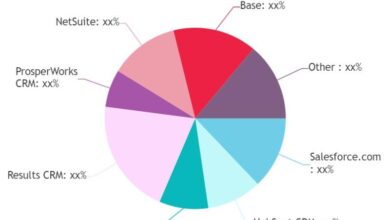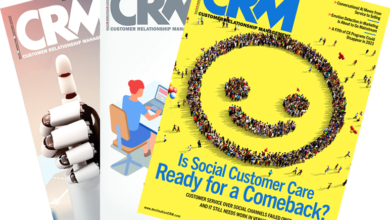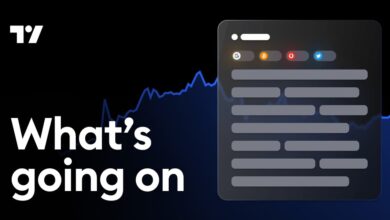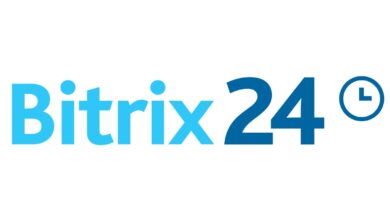CRM Pricing Guide (2024) – Forbes Advisor
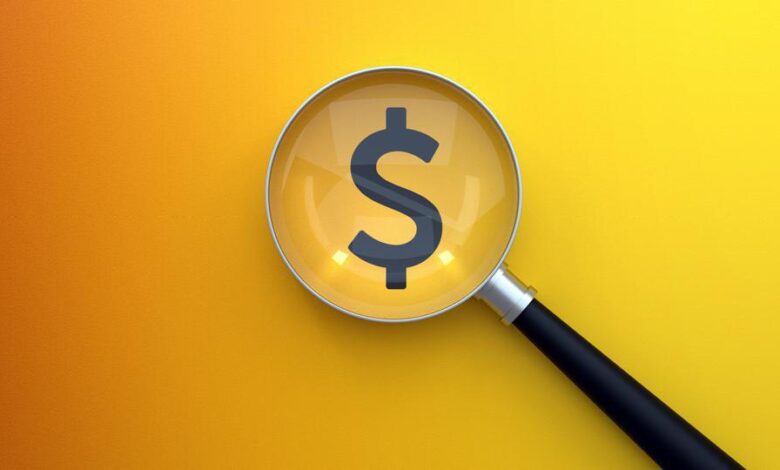
CRM software platforms generally charge a monthly fee per user. To determine what your investment will be, you will need to multiply the number of employees using the software by the monthly base cost of the CRM. Most, if not all, CRM software platforms offer generous discounts if you purchase the software on an annual basis as opposed to a monthly basis. For example, monday.com offers customers an 18 percent discount when paying annually instead of monthly.
CRM Tiered Pricing and Plans At a Glance
The average price for an entry-level plan is $23, making it an affordable option for almost any business. The mid-tier and high-tier plans jump up considerably to $102 and $403. The extremely high price of HubSpot and Salesforce plans in comparison to the other software providers offsets the average. If you remove these from consideration, the average price for the upgraded plans would be $45 and $74, respectively.
CRM Tiered Features and Pricing
While many of the CRM software companies offer a free plan, those plans are typically limited to a small number of users, limited number of contacts and bare minimum features. For example, monday.com limits its free plan to two users, three boards and only a Kanban view. Zoho CRM’s more robust free plan includes leads, standard reports, contact automation, account automation and a document library for up to three users. Freshsales might have one of the best free plans of any CRM software platform. Its forever free plan has an unlimited number of users, which is almost unheard of, as well as unlimited support, a mobile app and the maintenance of leads, customers and deals leads.
Each company’s basic plan varies. However, most include only the essential functions of customer relationship management. Companies such as Freshsales allow users to automate basic workflows, including welcome emails, renewals and reengagement outreach. Zendesk Sales’ basic plan is lean on features but does allow users to track emails, text messages and calls in up to two sales pipelines.
Workforce automation and customizable dashboards are usually offered in the midtier plan. For example, Insightly’s Professional Plan begins to include custom page layouts, complete workflow automation and the ability to schedule outbound emails. Freshsales’ midtier plan begins to include multiple sales pipelines, more workflow automation and artificial intelligence (AI)-powered sales insight.
The highest-tiered plans tend to be for users who have grown out of the standard plans and need a higher level of customization and automation to streamline complex workforces.. monday.com’s Pro plan includes private boards and docs, chart views, formula columns, dependency columns, more automations and integrations and a dashboard that can combine up to 10 different boards while Zoho CRM’s top-tier plan includes AI-powered features to help you predict the conversion of leads and sales trends.
Which Plan Should You Choose?
Choosing a plan that is best for your company depends on a number of factors including the size of your sales team, how customizable you want your CRM system to be and how much money your budget allows for the software. Before diving into researching potential CRM software platforms for your business it is smart to create a list of exactly what you want from a potential CRM software, identify who is going to use the software, what goals you want the CRM tools to help with and how much money you are willing to spend on the monthly or yearly subscription. Once you know what you want out of your CRM software you can search plans within those parameters.
If you are like most people, you might be reluctant to part with money unless you are sure the product will suit your needs. Luckily, most of the CRM software companies offer a free trial period for you to test out the software to make sure it meets your needs.
